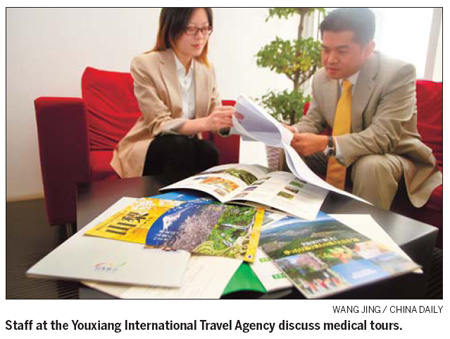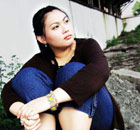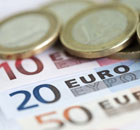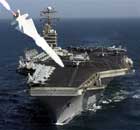Top Stories
Medical tourists give Japan a shot in the arm
By Xiao Xiangyi (China Daily)
Updated: 2010-04-23 07:45
 |
Large Medium Small |

More Beijingers are visiting Japan for healthcare services, as the country tries to attract well-off Chinese who are dissatisfied with domestic hospitals.
Youxiang International Travel Agency is the first travel agency in Beijing to arrange medical tours through its cooperation with the Osaka Medical Center. The Japanese facility specializes in the early diagnosis of cancer.
"The concept of medical tourism is still rather new, so we have to educate consumers," said Zhou Kaiwen, manager of Youxiang.
Cosmetic surgery tourism to South Korea has grown in recent years. Now Beijingers are looking abroad for more complicated operations.
"Until now, we've served more than 100 Beijingers on medical tours to Japan since the beginning of last year and more than 300 wealthy Beijingers are expected to go on medical trips by the end of 2010," said Zhou.
About 10 people recently booked medical tours for the May 1 holiday period.
The Japanese government has seen medical tourism as a tonic for its sluggish economy.
"Medical tours are relatively expensive. For instance, the price of a seven-day medical tour might range from 60,000 to 70,000 yuan," said Guo Chunling, director of the Beijing office of the Japanese National Tourism Organization (JNTO).
She said Japan has showed a special interest in luring wealthy Chinese tourists, most of them from well-developed cities such as Beijing, Shanghai and Guangzhou.
"These people pay close attention to their health and the price is affordable to them," she said. "Besides, because China is Japan's neighbor, it doesn't take long for Chinese tourists to visit Japan."
Chinese popular culture has also given Japan a push on the travel front.
Hokkaido, for instance, lured more mainland tourists in the wake of the hit romantic comedy If You Are the One. The movie featured scenes shot on the windswept Japanese island.
Guo said Japan's reputation for technological advances in medicine, its attentive service, safety and hygiene has bolstered its appeal.
Another benefit: Japanese medical centers lack the long queues seen in many Chinese hospitals.
Fang Laixin, director of the Beijing municipal health bureau, said in a radio interview in February that in 2008, 120 million appointment applications were filed for expert doctors, but the city could only accommodate 1.78 million of them.
As a result, many rich Chinese people have begun to go overseas for better treatment options.
On Wednesday JNTO put on a promotion of medical tourism aimed at selling tour packages combining medical checkups with sightseeing trips.
With 10 Japanese hospitals and several travel agencies participating, the show attracted hundreds of Beijingers.
Each of those Japanese hospitals, including the Osaka Medical Center, Tokyo Women's Medical University Hospital and Fukui Hospital, is focused on the medical domain, such as cancer prevention and early diagnosis, gene analysis and other hi-tech medical services that either aren't available or are less-convenient to obtain on the mainland.
The hospitals provide tourists with checkups for cancer, diabetes or cardiovascular diseases after they've experienced hot springs, Japanese cuisine and cherry blossoms.
According to JNTO officials, the Japanese government on July 1 will announce a policy making it easier for Chinese people to obtain individual tourist visas.
"That's good news for us," said Zhou of Youxiang. "For the last two years, we've been troubled by the visa policy requiring a group of at least six tourists to get visas to Japan. Visas for a group of two or three will soon be available."







